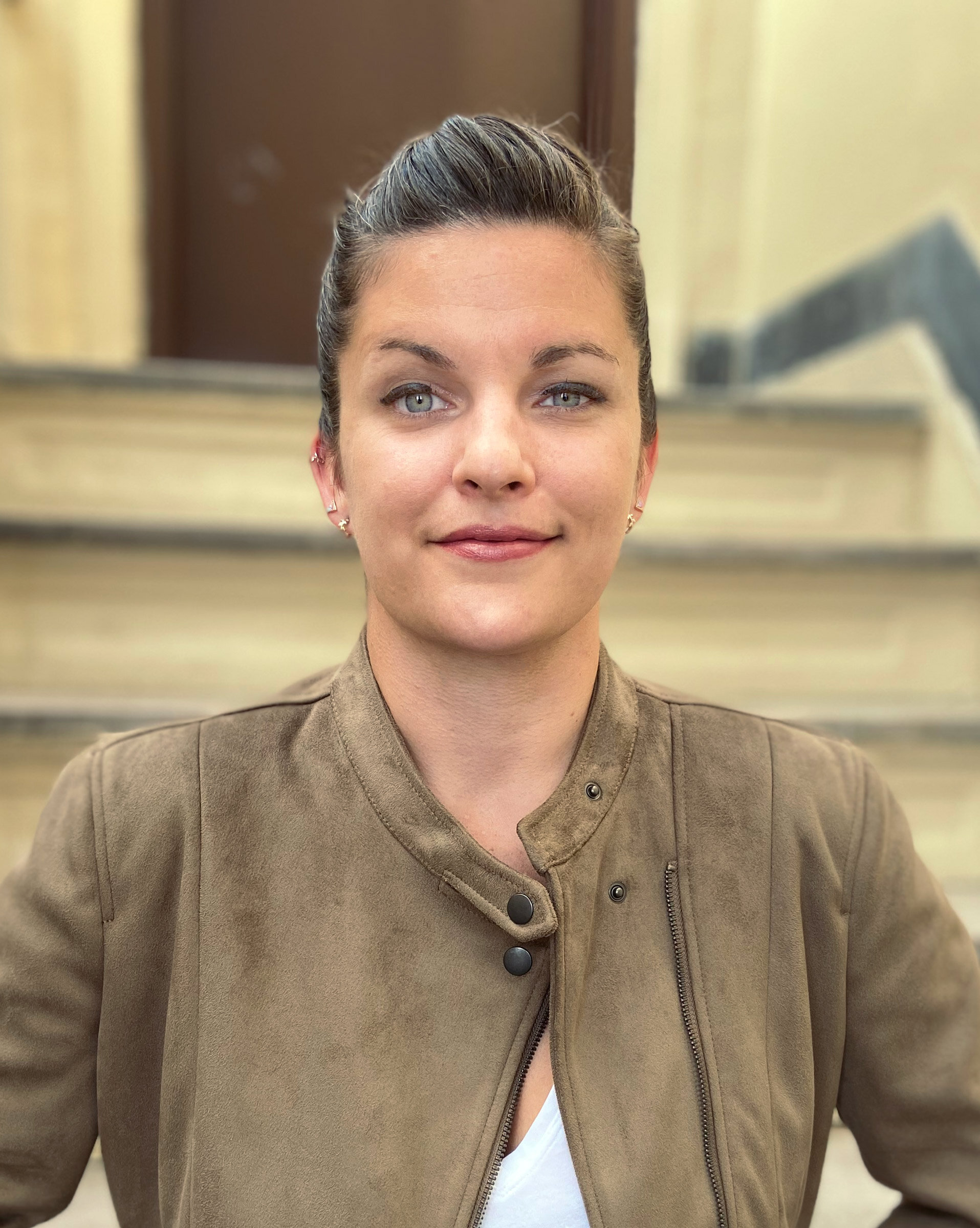Opinion: One month isn’t enough. NYC needs culturally responsive education
/Aleda Gagarin is a candidate for City Council in Queens’ 29th District. Photo courtesy of campaign
By Aleda Gagarin
As we celebrate Black History Month, I am struck by the absurd notion that devoting one month to Black History is sufficient. The origin of Black History Month is noble—it was the brainchild of an early 20th century scholar named Carter Woodson, whose parents were enslaved—and its continuation is well-intentioned. Yet, by designating a month for Black History, we “other” it from “normal history.” Black History, not to mention Latinx, Asian, Native and Middle Eastern histories, all need to be represented in the entirety of the school year’s curricula, not just reserved for specific months. In other words, we need Culturally Responsive Education in all schools, all year long.
Culturally Responsive Education (CRE) is a holistic educational approach that centers diverse racial and cultural identities in a positive way throughout the entire curriculum. CRE centers the student, prioritizes critical thinking over test taking abilities, facilitates cross cultural-connections, and bridges classroom learning with student experience.
Numerous studies show the critical importance of adopting CRE in schools. Dropout rates and suspensions decrease for students of color and white students, while GPAs, graduation rates and student engagement all increase. In the San Francisco Bay area, for example, after taking ethnic studies courses, the attendance of ninth graders improved by 21 percentage points, and their GPA improved by 1.4 points.
Conversely, the absence of CRE in schools hurts all students. Young people develop their sense of self during adolescence. When their identity is neglected or misrepresented in the curriculum, there can be powerfully negative effects on their self-perception as well as lower educational outcomes.
The absence of CRE is not only harmful for students of color. White students also need education that reflects the interconnected, multicultural city they inhabit. When white students primarily see themselves and their history reflected, their sense of importance is inflated, while other cultures are devalued. As our country continues to contend with white supremacy, routinely elevating whiteness in the classroom comes at an immense cost to all students, and to our collective future.
The numbers are sobering when we look at Culturally Relevant Education in NYC. According to the Coalition for Educational Justice’s 2019 study of grades K-8, 85% of students were Black, Latinx or Asian. However, a staggering 83% of the books used in ELA classes were written by white authors, featuring mostly white protagonists. The statistics are nearly identical in Mayor de Blasio’s signature 3K and Pre-K programs, which is disappointing considering they are entirely new curriculums. We must do better, and there is no reason to wait to do so.
One place to start is staffing. Students of color make up the overwhelming majority of the school population, yet 60% of our teachers are white. Studies show that white school staff expect less from students of color and are more likely to suspend or punish Black and Brown students for “behavioral issues”. The first step to alleviating this is to immediately hire 1,500 teachers of color for the coming school year, while creating an ongoing pipeline to recruit and retain teachers of color. Having diverse faculty is only the beginning; we need to implement ongoing professional development led by CRE experts that includes anti-racism training as well as social-emotional learning, and trauma-informed instruction.
Simultaneously, we must decolonize our curriculum by offering a wide array of classes, projects and resources that reflect the unique diversity of NYC’s students. We must implement courses at all grade levels that study the heritage of African, Latinx, Asian, Middle Eastern and Native peoples. The resources we use to teach our young people must also reflect them.
If we are to honor Black History, we must not only fully implement culturally relevant education, but also dismantle the school-to-prison pipeline, ensure that schools are fully and equitably funded, and end school segregation, to name a few. The 2021 elections provide us with a once in a generation opportunity to enact the structural changes that our city desperately needs. To do so, we must elect the leaders that our young people deserve.
Aleda Gagarin is a candidate for City Council in Queens’ 29th District (Forest Hills, Rego Park, Kew Gardens, Richmond Hill).




